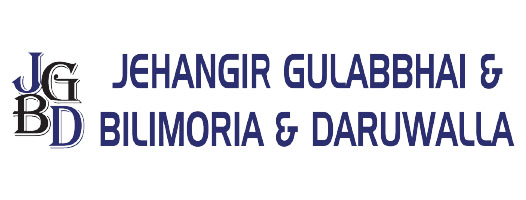Trademarks
EFFECTS OF NON-USE AND RECTIFICATION OF TRADEMARKS
The use of the trademark by illegal method or unlawful method by displaying it in market dealing is known as trademark infringement. If there is an infringement of the trademark, the registered proprietor of the said registered mark can initiate lawful action and if the said mark is not registered on the register of the trademarks, the only remedy that is available for an unregistered trademark, is initiating the suit for passing off.
However, it is pertinent to note that the uniqueness of the trademark could be lost by the factor of non-use. For the mark to lose its uniqueness due to non-use, such non-use ought to have happened due to the fault of the registered proprietor and the same ought to have connection to the external factors which are not in control of the registered proprietor.
Therefore, it cannot be put into question that obtaining the Favor of the Ld. Registrar under Section 47 of the Act is completely a discretionary remedy to be given by the Ld. Registrar and the lawmaking body in its intelligence has also mentioned that certain timeframe ought to have passed before a request in the form of an Application has been made. The period prescribed under the Statute is five years from the date of entry being made into Register of Trademarks.
The Trademarks law in India is very much relaxed when compared with other statutes of the world and it also notes much wider scope of the word “use” in relation to the mark. In India the rectification /cancellation process can come into play only when the objection has been made by the third party or an aggrieved party. Itis pertinent to note that the registration does not stand cancelled only upon the Application even though the registered mark has not been used for a whole lot of periods. The main reason for this loophole is the fact that in India the registered proprietor of the trademarks is not mandated.
to place on record evidence of their use from time to time to maintain the registration of their registered trademarks.
EFFECTS OF NON-USE OF THE TRADEMARK
The provisions mentioned in the Section 28(1) of the Act talks about the exclusive rights given to the registered proprietor. The said exclusive rights are given to the registered proprietor for the goods or services for which the said mark is registered in the Register of the Trademarks. The provisions of the said section also talk about the remedies given to the registered proprietor for the infringement of his trademark. The way how the registered mark is infringed is provided under the provisions of the Trademarks Act, 1999.
Therefore, from the provision of the above talked section once a proprietor of the trademark gets his definite trade style registered then he gets exclusive rights in respect of the use of the goods for which he has sought registration under his trademark Application.
Under the provisions of section 47 it is talked about that it is open for any aggrieved party to make an application before the Learned Registrar to remove the mark of the registered proprietor on the
Firstly, the impugned mark which is in challenge has been registered on the Register of the Trademarks without any good faith and on the lack of bona fide intention by the Applicant of that mark the trademark was registered without any bona fide intention on the part of the applicant for registration.
Secondly, the fact that needs to be proved is that there has been no use in bona fide manner in respect of a particular good or all goods as sought for registration under the Application of the trademark.
It is to be noted that both the factors must be taken inconsideration in cumulation. The first factor is more related to the mental aspect as it talks about intention of the registered proprietor who is supposed to use the trademark in the market under those goods. The second factor in fact talks about the factual details of the said registered mark. Therefore, to succeed in this matter, the aggrieved person the person must establish that he indeed is an affected party, and the second factor that grounds elaborated under clause (a) of the Section47 is present in the case.



